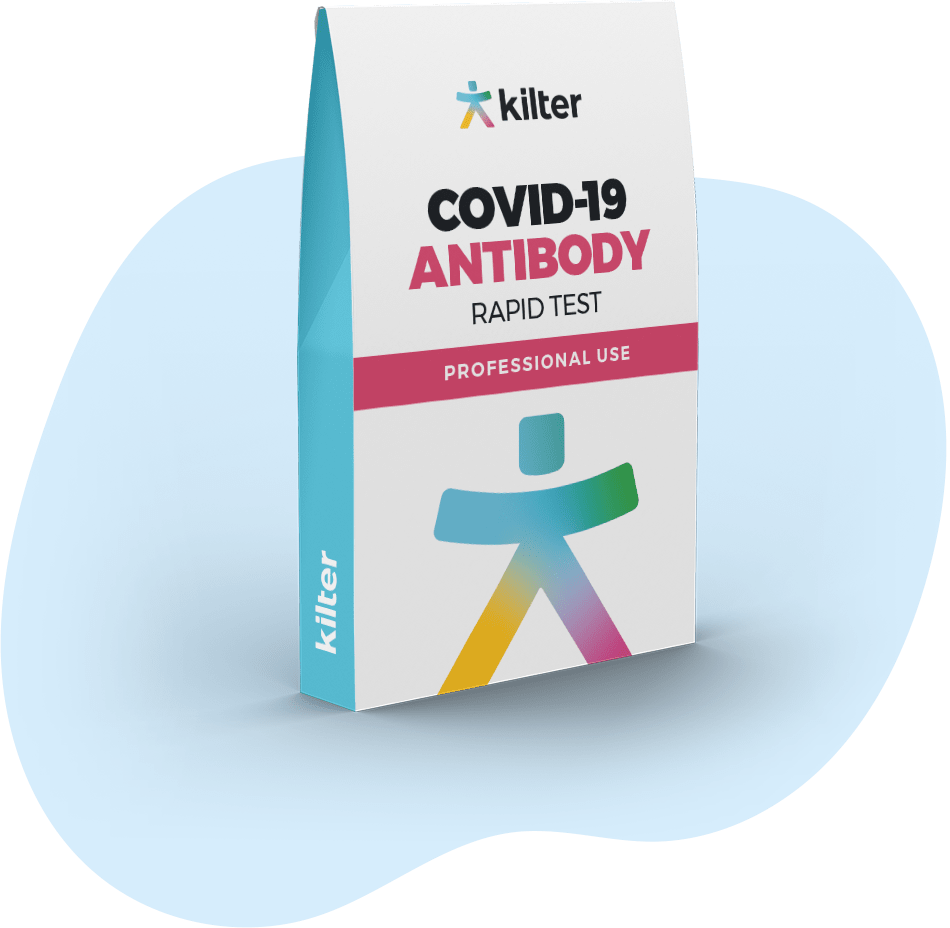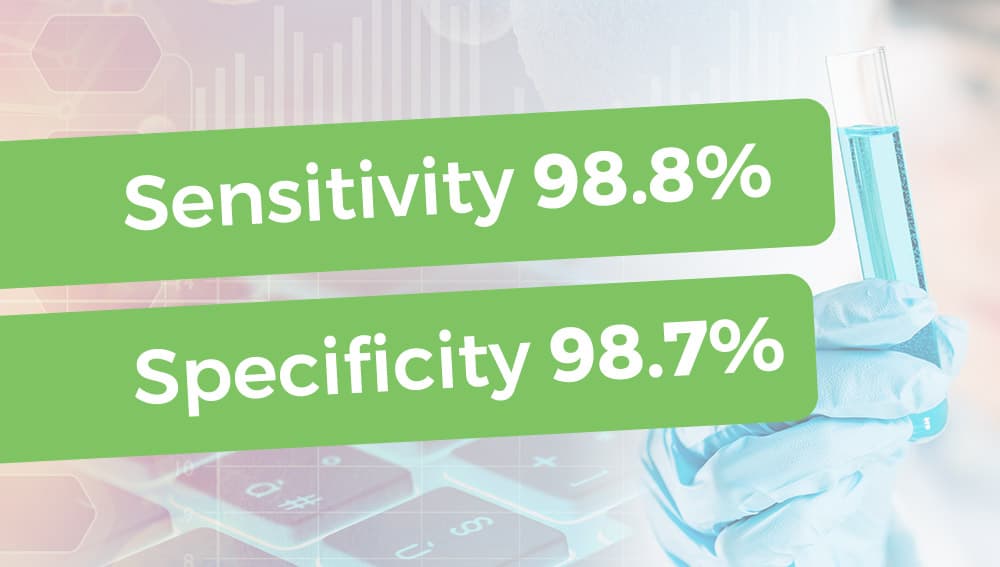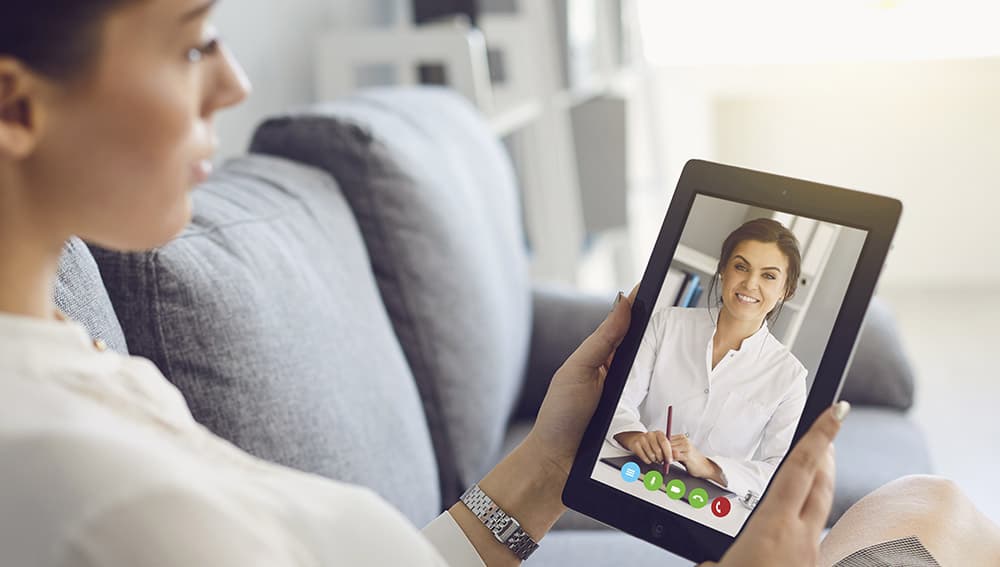Menu

mhra OFFICIALLY APPROVED
FOR PROFESSIONAL USE
Covid-19 Antibody Rapid Test Kit
This test helps inform if you’ve recently been infected with COVID-19. A positive test confirms antibodies are present. These kits are accurate and results can be observed with the naked eye within 15 minutes.
Please note this test is only approved for professional use but can be purchased for a clinician to carry out in your home here.

Where is this test being used right now?
Our tests are used extensively in essential services, international businesses and peace keeping forces in the Middle East.

What is the accuracy of this Antibody test?
This rapid antibody finger prick test has been rated 98.7% accurate, which is one of the highest accuracy ratings on the market.

Need expert Online Assistance?
Looking for help? Simply add on our expert online assistance to support you and help you understand the results.
How it works...
A simple finger prick blood test gives the results in 15 minutes...
The steps are summarised below (this test needs to be carried out by a professional)
1. Prepare the kit
unpack and lay out the kit on a clean flat surface and bring to room temperature. Get your blood flowing by soaking your non dominant hand in warm water for a few minutes and then do a little light arm exercise.
2. Finger Prick
Dry hands and sterilise the tip of your ring finger using the pad provided. Hold your hand against a hard surface and use the lancet to make a small finger prick, gently massaging down the finger to create a bubble of blood.
3. Test the sample
Use the pipette to suck up a few drops of blood then squeeze one full drop of blood onto the lower well of the test dived marked “S”. Carefully add 3 drops of the buffer solution into the same well of the test device.
4. Wait 15 minutes
Check that the control line marked “C” has changed from blue to red (which shows it’s valid). If a coloured line also appears next to the IgG and/or IgM labels, the result is positive for those respective antibodies.
Important Information
This test is used to identify whether you have previously been in contact with the virus or not. It’s important to note that this test will not provide you with a diagnosis.
What this test will do, is to provide you with one of three different indications, and they do this by identifying 2 types of antibodies – IgG and IgM.
This will show you one of the following:
- The test detects the presence of IgM antibodies. This indicates that you may currently have the virus.
- The test detects the presence of IgG antibodies. This indicates that you may have previously been infected with the virus but have recovered and are no longer infectious.
- The test will detect the presence of both IgG and IgM antibodies. This indicates that you may still have the virus and could still be infectious. However, the additional presence of the IgG antibodies indicates that your body is fighting the virus off.
These instant antibody blood spot tests are so easy to use they can be self-administered and give you results in only 15 minutes but are not currently approved by MHRA at this point in time. There are a number of trials being undertaken to look at self-testing and we expect this situation to change in the near future.
Antibody tests are being used everywhere. Many businesses have been using them to help get staff back to work. Many people have been tested for peace of mind and to help get their life back on track instead of sitting in isolation.
Globally, antibody testing has been used to great effect as part of government sanctioned mass testing programmes. While it is true that the UK Government has not yet endorsed antibody testing for use in the NHS, we believe it’s only a matter of time before they do and a number of local authorities have started using antibody tests for their employees. Antibody tests are invaluable tool for personal and commercial use.
This test will identify two different antibodies, IgG and IgM. These antibodies only present themselves when someone has been exposed to coronavirus.
An IgM antibody indicates that you have been exposed to the virus in the last 7-28 days and that you may still be infectious. Current research indicates that IgM antibodies tend to stay in the system for around 28 days.
An IgG antibody indicates that you have been exposed to the virus in the last 7-28 days but that your body is fighting the virus off. If your antibody test just shows you an IgG antibody then this would indicate that you are no longer infectious. Current research indicates that IgG antibodies can remain in your system for up to 40 days.
Please note that you can get a result showing both antibodies. The test can detect the presence of both IgG and IgM antibodies. This indicates that the donor still has the virus and could still be infectious. The presence of the IgG antibodies does also indicate that the body is fighting the virus, and that they could be on the road to recovery.
When this happens the best rule to follow is, if your test shows up IgM antibodies you should isolate and follow government advice.
Our antibody tests have an accuracy of 98.7% which makes them more accurate than a home HIV or STD test. It also means that our antibody tests are about as accurate as a diabetes or pregnancy test!
This test will give you a result within 15 minutes with no need to send anything back to a lab!
Antibody tests are easy to use and in most countries anyone can be trained in how to use them but are not currently approved for self-testing by MHRA at this point in time. There are a number of trials being undertaken to look at self-testing and we expect this situation to change in the near future.
They need to be administered by someone over 18 but can be used on anyone.
Whilst the test procedure is very simple, this test has only been approved for professional use right now which means testers must be professionally trained. We are currently seeking clarification on their definition of ‘professional’ in this context.
Right now we’re only selling these tests in multi packs of 30.
CE marking is a certification mark that indicates conformity with health, safety, and environmental protection standards for products sold within the European Economic Area. The CE marking is also found on products sold outside the EEA that have been manufactured to EEA standards
No. Unfortunately there is no sure-fire way of telling if someone is “immune” to Covid19. However, the current research would indicate that an antibody test can identify if you have IgG antibodies in your system, which if present, indicates that you will have higher resistance to the virus.
These are two very different tests with a number of differences between them, however the most important difference is:
The antigen PCR test will provide you with a diagnosis that will tell you if you have the virus now.
The antibody test will tell you if you have had the virus. The antibody tests can give you an indication of whether you may still have the virus in your system by analysing the antibodies present in your blood. However, this is not a diagnosis. Only an antigen PCR test will provide you with a diagnosis.
No. GP’s will not provide you with any Covid19 antibody tests.
No. Antibody tests are not currently available from the NHS, but are widely used in industry and starting to be used in other parts of the public and charity sectors.
There has been a lot of controversy and mis-information about antibody testing in the UK. However we and our clinical partners have looked at a great deal of international research and we are confident that antibody testing is essential to beating the pandemic. Many countries such as Germany, South Korea and New Zealand have used antibody testing alongside antigen tests to great effect.
Our antibody tests have an accuracy of 98.7% which makes them more accurate than a home HIV or STD tests. It also means that our antibody tests are about as accurate as a diabetes or pregnancy test!
Simply store the kit in a dry, room temperature environment.
The short answer to this question is no. Unfortunately, we can’t guarantee that you will have any sort of “immunity” to the virus once you have been exposed to it, though current research would indicate that you probably have developed immunity. There is currently a lot of research being conducted to investigate this, but at this time we simply don’t know for sure.
What we do know, is that the presence of IgG antibodies in your system indicates that you will have a higher resistance to the virus.

